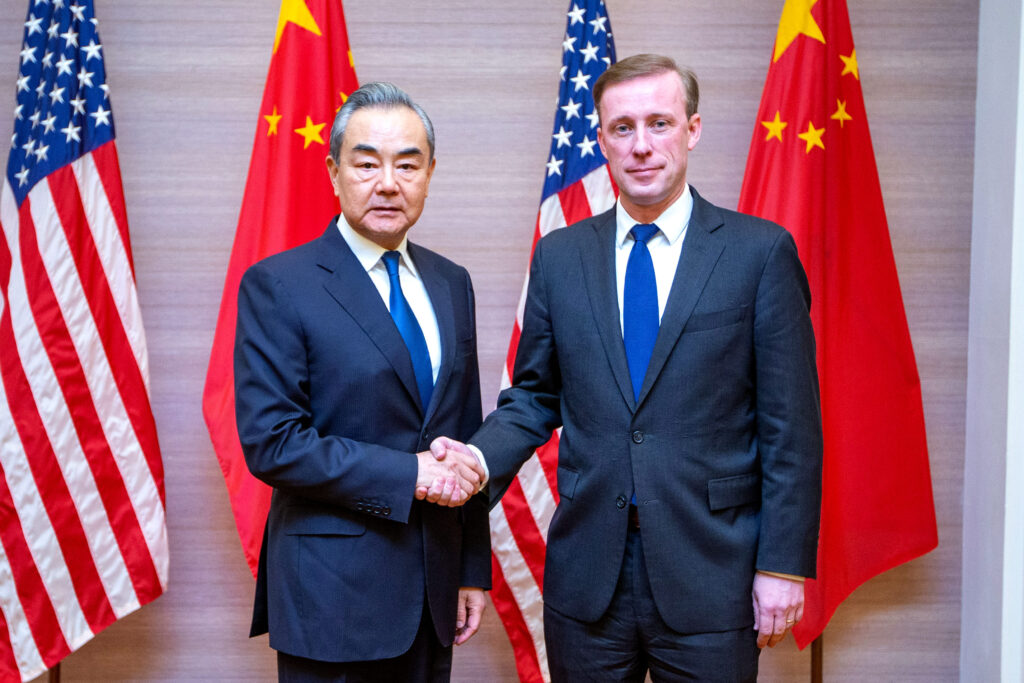Already a subscriber? Make sure to log into your account before viewing this content. You can access your account by hitting the “login” button on the top right corner. Still unable to see the content after signing in? Make sure your card on file is up-to-date.
Chinese Foreign Minister Wang Yi and US National Security Adviser Jake Sullivan held discussions aimed at maintaining contact, with a focus on the risks posed by the “Taiwan independence” movement to Sino-U.S. relations.
The meeting, held in Bangkok, Thailand, comes after a recent encounter between US President Joe Biden and Chinese President Xi Jinping in San Francisco. The two sides described the talks as “candid, substantive and fruitful,” focusing on implementing the consensus reached at the San Francisco meeting and addressing sensitive issues in China-U.S. relations.

The White House said the meeting was part of ongoing efforts to keep open lines of communication between the two nations. Sullivan emphasized the need for competition between the US and China to avoid escalating into conflict or confrontation. However, tensions have been high over issues such as technology, trade, human rights, and particularly over Taiwan, which China claims as its territory. The recent re-election of Taiwan’s Democratic Progressive Party (DPP), which opposes China’s claim, has added to the tension.

During the talks, Wang Yi said Taiwan was a critical internal affair for China, adding that Taiwan’s regional election does not alter the fact that Taiwan is part of China. He expressed concern that the “Taiwan independence” movement poses the greatest threat to peace and stability across the Taiwan Strait and to China-U.S. relations. This meeting occurred against the backdrop of increased Chinese military activity around Taiwan, including the deployment of aircraft and navy vessels.
In addition to Taiwan, the discussions covered various global issues, including the Ukraine crisis, the Middle East, North Korea, the South China Sea, and Myanmar. Both sides agreed on the importance of regular contact between Presidents Xi and Biden, setting up a call as part of high-level diplomacy efforts. They also agreed to launch a joint anti-drug cooperation working group and establish an intergovernmental dialogue on artificial intelligence.






